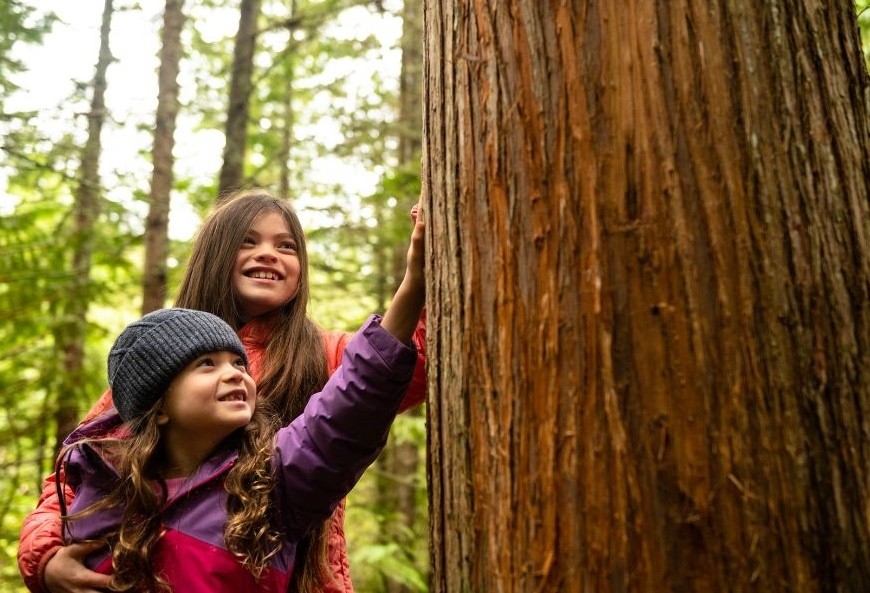
22 November 2023
Nature helps with socioemotional learning

A study recently published in Science Direct reached the conclusion that the connection with nature is closely linked to social and emotional skills, self-conscience, self-management and relational skills. In other words, children who spend more time in nature and create a relationship with their natural surroundings can gain a better social and emotional development.
Despite this being a recent conclusion, it is no news. After all, it has been several years since we have been talking about this relation with nature as a key element and a great helping hand in the healthy development of children, at all levels. For instance, in 2021, a study was published after a great deal of researching during he pandemic period trying to determine the links between the connection with nature and children’s wellbeing.
It was understood that, the great majority of families denoted a deterioration of the children’s wellbeing as the exposure to nature would decrease, due to the compulsory lockdown. This degradation was evident in “acting-out” or in higher levels of sadness or anxiety.
Another study concluded that opportunities to have leisure time and play in a natural context that is, by its nature, non-structured, self-determined and offers many unexpected events, offers children the opportunity to discover ore about themselves and other people, to learn how to interact in a constructive manner with others and to create the basis for close relations in unique ways that are truly valuable. In other words, this experience offers a level of social development that cannot be found in other contexts.
Nature brings happiness
It has become consensual that time spent in nature brings a lot of good things. It is essential to eliminate the stress of the daily lives but also to promote health, mood and increase the ability to focus. There is even some research that supports the theory that spending time in nature has an extremely positive impact on mental health and psychiatric disease prevention.
For instance, a group of researchers in Canada discovered a very interesting link in terms of the connection with nature. Among the 30 thousand teenagers surveyed, the teenagers that classified their connected with nature as being “relevant” showed a 25% reduction in the symptoms related with stress. In Mexico, there had been a study where it was concluded that children with a strong connection with nature reported higher levels of happiness compared to the ones who did not see that connection. And there weren’t the only studies to do so!
Deep down, this conclusion is not that surprising (and we’ve seen it so many times!). We already know that adults with a strong connection with their natural surroundings are more capable of knowing and caring for these surroundings. With children, the same goes and it is not pure chance that, at Escola Lá Fora, we keep saying: You can only love what you know. In other words, if you don’t know nature, how can you care for it?
Reference
https://www.sciencedirect.com/science/article/pii/S2666622722000508
https://besjournals.onlinelibrary.wiley.com/doi/full/10.1002/pan3.10270
https://ccfs.ucdavis.edu/sites/g/files/dgvnsk841/files/inline-files/Natural%20Connections.pdf
https://www.frontiersin.org/articles/10.3389/fpsyg.2020.00492/full
https://parentingscience.com/green-spaces-benefit-mental-health/